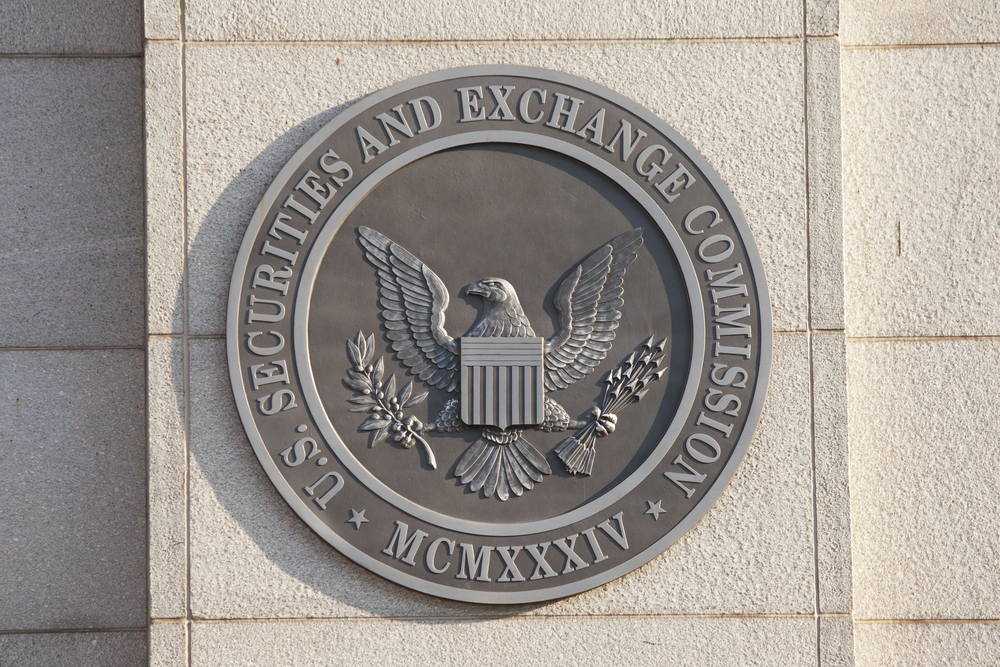On April 18, 2018, the Securities and Exchange Commission proposed a set of rules and interpretations regarding the standard of conduct that broker-dealers owe to their investing customers, and reaffirming and clarifying the standard of conduct owed to customers by investment advisers.
The SEC’s proposal is the newest development in an ongoing effort to clearly define and determine the standards to which financial professionals are held. In 2010, the Dodd-Frank Act delegated authority to the SEC to propose a uniform fiduciary standard across all retail investment professionals. Rather than wait for the SEC to do so, however, in 2016 the Department of Labor (DOL) promulgated its own fiduciary rule. As previously discussed here, the U.S. Court of Appeals for the Fifth Circuit recently struck down the DOL rule.
According to SEC Chairman Jay Clayton, the Commission’s recent proposal is the outcome of extensive consideration and is intended to enhance investor protection by applying consistent standards of conduct to investment advisers and broker-dealers. The SEC’s proposal, spanning over 1,000 pages, has three main components:
Regulation Best Interest: First and foremost, the SEC proposal includes a new standard of conduct for broker-dealers that would be enacted through a set of regulations entitled, “Regulation Best Interest.” Although the term “Best Interest” is not defined in the proposal, the regulations would require a broker-dealer to act in the best interest of its retail customers when making investment recommendations, and prohibit it from putting its own financial interests first. To discharge this duty, a broker-dealer must comply with three specific obligations:
(1) Disclosure obligation – a broker-dealer must disclose key facts about its relationship with its customers, including material conflicts of interest.
(2) Care obligation – a broker-dealer must exercise reasonable diligence, care, skill and prudence to understand any recommended product, and have a reasonable basis to believe that a product and series of transactions are in the customer’s best interest.
(3) Conflict of interest obligation – a broker-dealer must establish, maintain and enforce policies and procedures to identify, disclose and mitigate or eliminate conflicts of interest.
Guidance for Investment Advisers: In addition to enhancing the standard of conduct for broker-dealers, the SEC reaffirmed its view that investment advisers owe their clients fiduciary duties. The SEC’s proposal seeks to gather, summarize and reaffirm existing guidance in one place.
Form CRS: The Commission also proposed a new disclosure document, Form CRS (Client or Customer Relationship Summary), which would provide retail investors with information regarding the nature of their relationship with their investment professional. The proposed Form CRS would be a standardized, short-form disclosure highlighting services offered, legal standards of conduct, possible customer fees, and certain conflicts of interest. In addition, the proposal limits a broker-dealer’s ability to identify itself as an “adviser” unless it is registered with the SEC as an investment adviser, so as not to cause confusion among investors.
Takeaways
In the wake of the controversy launched by Dodd-Frank and the DOL rule, and on the heels of the Fifth Circuit’s rejection of that rule, the SEC has taken a bold step in the direction of increased regulation of broker-dealers. The SEC’s proposal will undoubtedly impact the way broker-dealers make recommendations to their customers, although to what extent may depend on whether broker-dealers were already adapting to the DOL rule before it was overturned by the Fifth Circuit. The SEC will seek public comment on its proposal over the next 90 days, giving interested parties time to dig into the extensive materials. Indeed, several Commissioners acknowledged that questions about the applicable standards remain, suggesting that changes to the proposal will be forthcoming.






